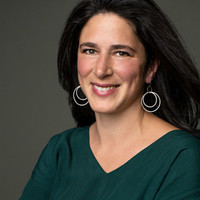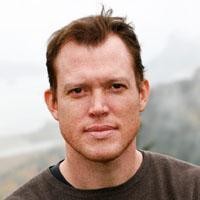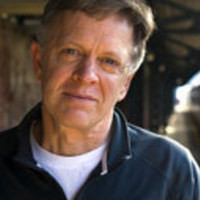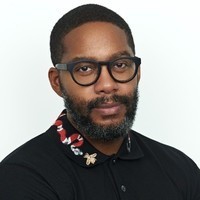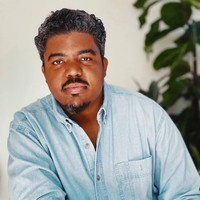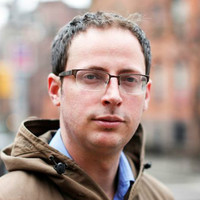Rebecca Traister writes for New York. Her new book is Good and Mad: The Revolutionary Power of Women's Anger.
“I don’t want my experience to be held up as so, ladies, your new health regimen is rage all day. Because the fact is we live in a world that does punish women for expressing their anger, that denies them jobs, that attaches to them bad reputations as difficult-to-work-with, crazy bitches. Because they’re reasonably angry about something they have every reason to be angry about. We live in a world in which black women’s anger is either caricatured and they get written off as cartoons, or regarded as threats and face steep, often physical penalties for expressing dissent or dissatisfaction. When I talk about this, I don’t mean it to be prescriptive, I mean it to be descriptive of a particular experience I had that was extraordinarily unusual but which made me question a premise that I think all of us internalize that the anger is bad for us. I no longer believe that that’s true.”
Thanks to MailChimp, Skagen, Under My Skin, and Pitt Writers for sponsoring this week's episode.
